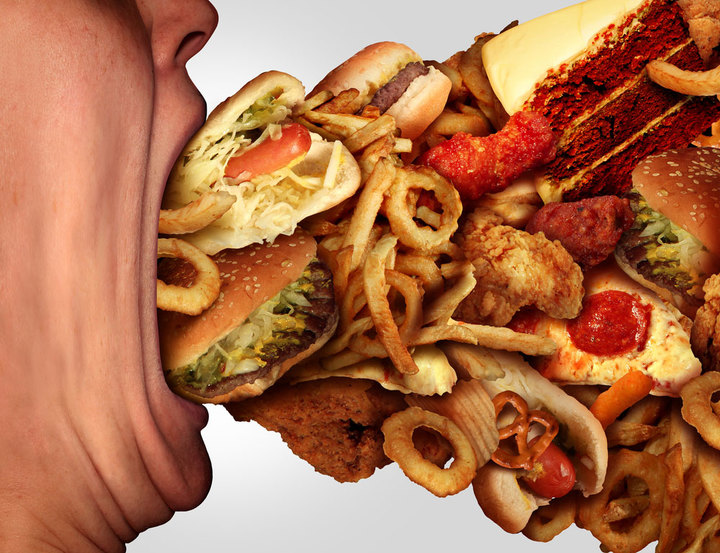succumbing to food addiction.
“Food addiction has been described as a reward-responsive phenotype of obesity, although food addiction can exist without obesity and without binge-eating disorders,” the DEFANG study stated.
With food engineering advancing faster than the evolution of the human brain, society has reached a point of evolutionary mismatch. “The food industry has played a very large role in food addiction, with the ability to manipulate sugars, salts and fats to make food that is very rewarding,” Wiss said.
People are buying and getting addicted to processed foods high in pleasurable and reward-fabricating ingredients.
A hallmark of addiction is continued use, despite consequences and rational reasoning. No one is saying that food is as addicting as drugs like crystal meth, heroin or cocaine, but it isn’t that simple. According to Wiss, most people with an addiction have a poly-substance disorder, resulting in the possibility of addiction to all kinds of substances.
For some people, sugar has been found to be as, or more, addictive than cocaine. “Everyone’s physiology and personal history are different,” he said. “There [are] a lot of people who have issues regulating their intake of all substances, but I’ve seen people who are the real deal food addicts but never get addicted to something else.”
Food is engineered for palatability or pleasure. The human brain has trouble taking in highly palatable foods and so responds by releasing excess dopamine, which can trigger food addictions.
“I believe that the human brain is being primed for addictive processes,” Wiss said. “Food addiction isn’t just a personal problem. It’s important to think of it as a societal problem.”
Evaluate the symptoms of food addiction at Yale Food Addiction Scale
















